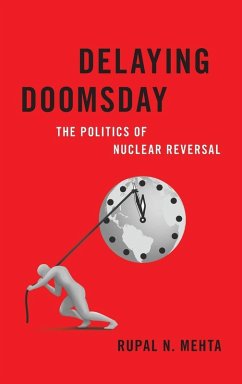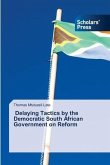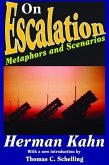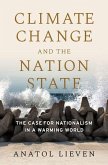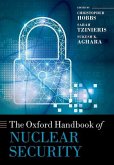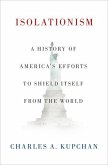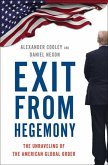Nearly two-thirds of countries that pursued nuclear weapons have abandoned their programs. Delaying Doomsday examines how the United States has successfully persuaded states to give up their nuclear weapons programs in the past, and how the international community can continue this success in the future. The book draws on interviews with current and former policymakers, as well as in-depth case studies of India, Iran, and North Korea to provide policy recommendations on how best to manage nuclear proliferation challenges from rogue states. It also outlines the proliferation horizon, or the set of state and non-state actors that are likely to have interest in acquiring nuclear technology for civilian, military, or unknown purposes. The book concludes with implications and recommendations for U.S. and global nuclear counterproliferation policy.
Hinweis: Dieser Artikel kann nur an eine deutsche Lieferadresse ausgeliefert werden.
Hinweis: Dieser Artikel kann nur an eine deutsche Lieferadresse ausgeliefert werden.

